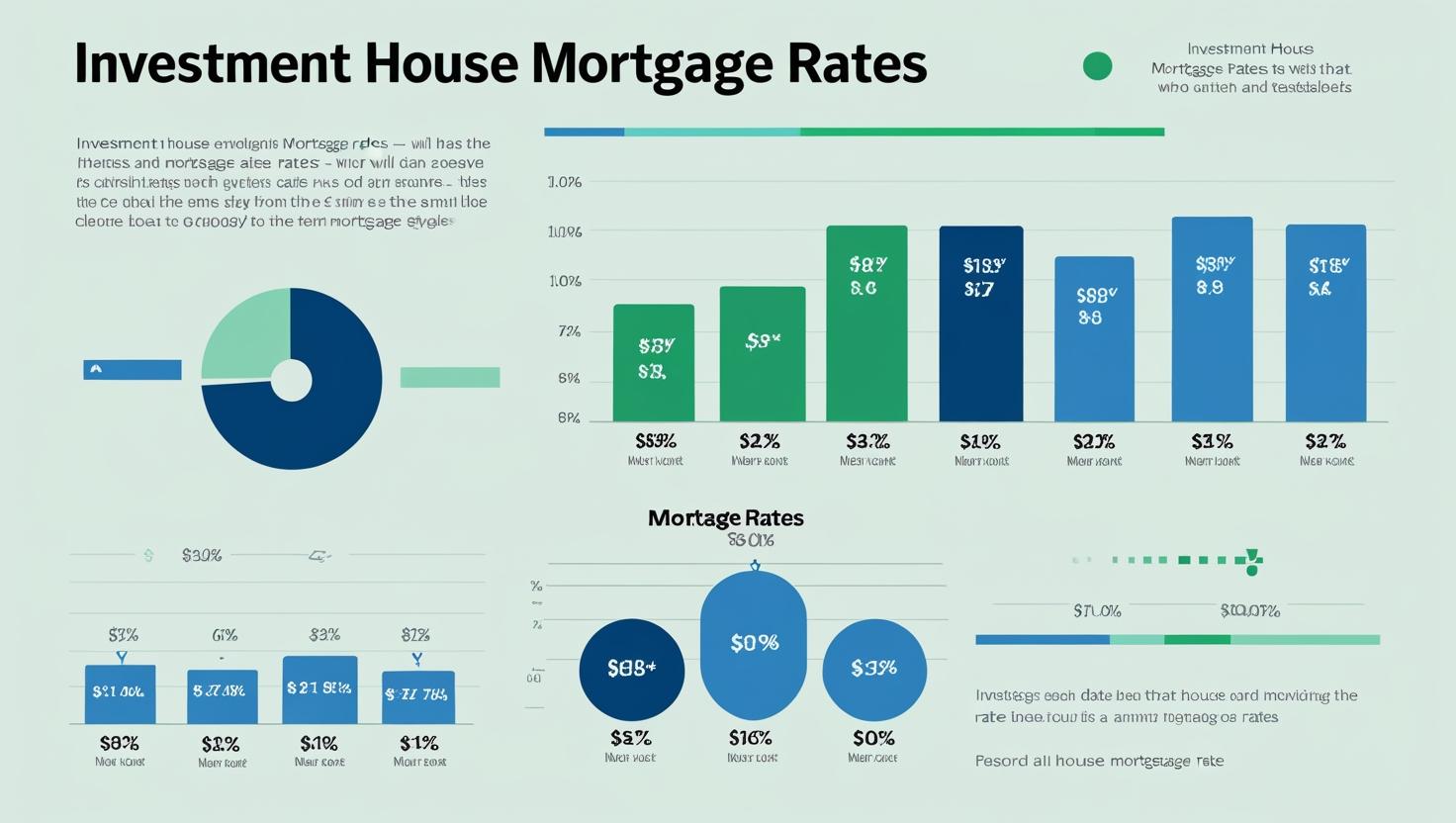
We begin by examining the importance of understanding mortgage rates for investment property loans. Unlike traditional home loans, these rates often differ due to the unique risks and rewards tied to real estate investments. Navigating investment house mortgage rates requires clarity on factors like borrowing capacity and repayment strategies. Tools such as a borrowing capacity calculator and a loan repayment calculator can offer valuable insights, helping us estimate monthly payments and assess long-term affordability. Many blogs emphasize the need to align loan options with financial goals, and we believe analyzing rates is a critical first step to successful investment planning.
When it comes to investment property loans, we need to consider how lenders assess mortgage rates differently than traditional home loans. Several factors play a role in shaping these rates.
By running a loan repayment calculator, we can estimate repayment scenarios, helping us plan smarter investments.
When exploring investment property loans or standard home loans, deciding between fixed and adjustable mortgage rates is pivotal. Fixed rates provide stability, locking in a consistent interest rate throughout the loan term. This predictability aids in long-term planning, utilizing tools like a loan repayment calculator for accurate projections.
Adjustable rates, on the other hand, often start lower but increase based on market trends. These can be valuable when planning to refinance or sell before rates adjust. Using a borrowing capacity calculator ensures we assess affordability under fluctuating conditions. Ultimately, the choice depends on our risk tolerance and investment goals.
When applying for investment property loans or home loans, we recognize how critical credit scores and down payments are in shaping mortgage rates. Credit scores directly influence our perceived risk as borrowers, impacting interest rates offered. A higher score suggests lower risk, which often results in more favorable rates. Conversely, lower scores may lead to higher rates due to heightened lending risk.
Down payments have a similar effect. Larger down payments reduce the lender’s risk, enabling us to negotiate lower rates. Tools like borrowing capacity calculators and loan repayment calculators help us assess affordability and strategize accordingly when reading industry blogs or planning finances.
We need to analyze market trends carefully when exploring options like investment property loans. Timing plays a critical role in securing favorable mortgage rates for both home loans and investment properties. By staying informed about local real estate demand, interest rate fluctuations, and economic indicators, we can make informed decisions.
Tools such as a borrowing capacity calculator and loan repayment calculator help us estimate finances accurately. These, combined with market research through reliable reports and insightful blogs, can offer clarity.
Pay attention to trends suggesting potential property appreciation or rental demand surges, as these factors influence long-term return on investment.
When exploring investment property loans or standard home loans, we should focus on strategies to ensure competitive rates.
Staying informed and proactive is key to making informed financial decisions while navigating these complex markets.
Ready to explore tailored loan options? Contact Brokio today and let us guide you through your mortgage, car loan, personal loan, or investment property loan journey with confidence.